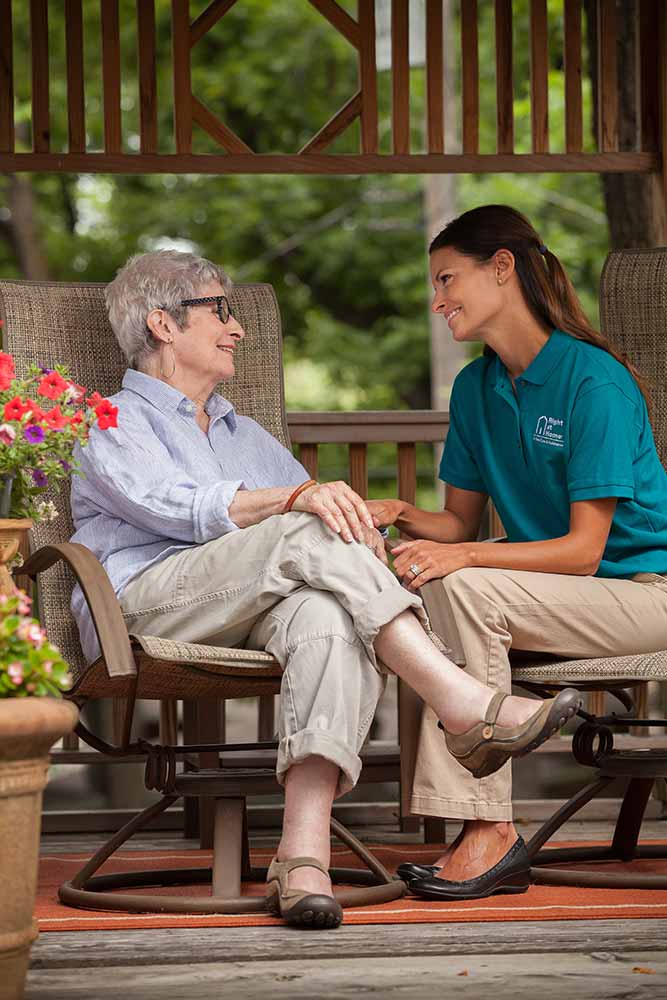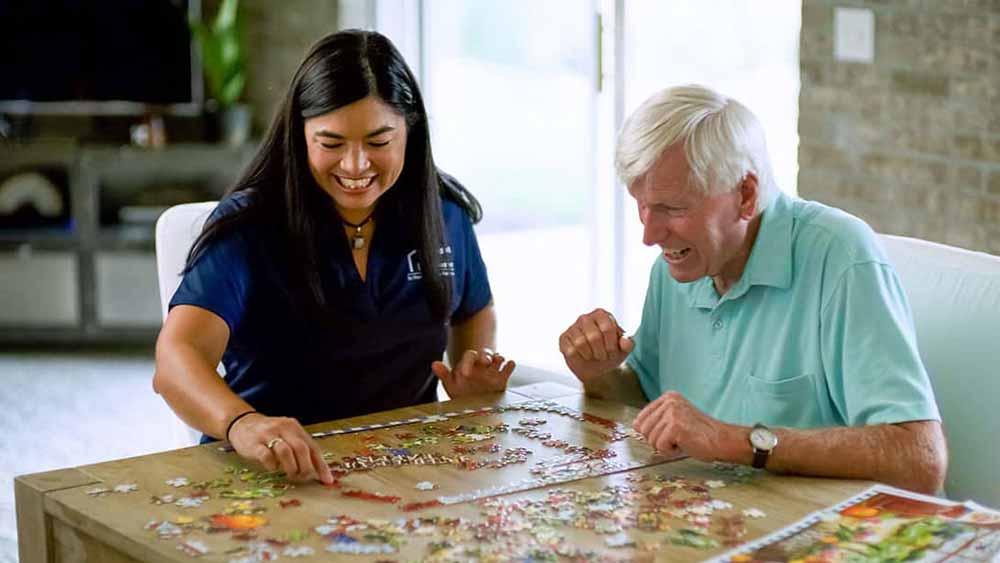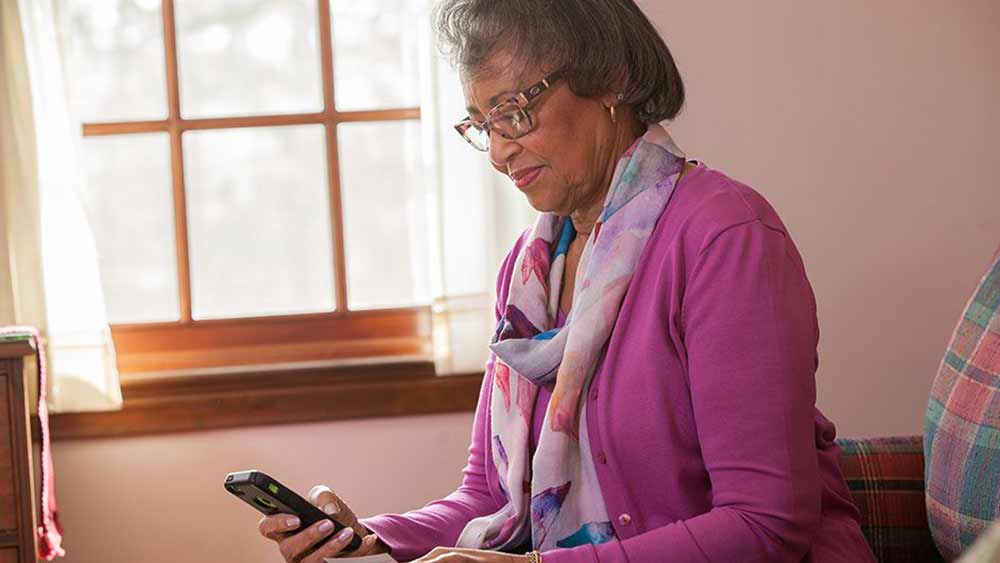

Loneliness Among Older Adults Is a Serious Health Risk
When the pandemic began, visits to senior living facilities were curtailed. Seniors living at home were advised to shelter in place. Many in-person support services were suspended. While the nation pivoted to online communications, many older people have been unable to access these technologies. The media has often reported on the resulting sense of isolation experienced by seniors.
But loneliness among older adults is not a recent problem. During the past decade, numerous studies have revealed that an epidemic of social isolation is having a serious effect on the length and quality of life. Here are findings from that research:
Socially isolated elders are more likely to neglect their health. They get less exercise, and their nutrition suffers. For example, a November 2021 study from the North American Menopause Society stated, “When eating alone, people tend to eat faster, which often leads to increases in body mass index, waist circumference, blood pressure, and blood lipid levels”—all linked with heart disease and other health problems.
Loneliness raises the risk of dementia by 50%. Our brains require the specific type of mental stimulation that socialization provides. Experts say the human drive to spend time with others is as strong as hunger and thirst. If we lack adequate interaction with others, our minds are less sharp as the years go by. The effect can even be seen from day to day! In September 2021, Penn State University experts reported that on days seniors interacted socially with others, they scored higher on tests of memory and cognition.
Loneliness is emotionally distressing. Even for people who give their brains a workout with working, reading or other mentally stimulating solo activities, loneliness still causes stress. The late John Cacioppo, a University of Chicago professor who is called the founder of social neuroscience, noted that loneliness causes an increase in inflammation and harmful stress hormones which triggers damage right down to the cellular level. Cacioppo and other researchers reported that loneliness shortens life to a greater degree than obesity or smoking 15 cigarettes a day!
Social isolation threatens financial health. The last decades have seen a sharp increase in financial fraud perpetrated against older adults, and seniors who are lonely are prime targets of these criminals. Lonely elders are more vulnerable to the wiles of a “friendly stranger” or an online romance scam. Grateful to have someone to talk to, they don’t hang up on a con artist.

Addressing barriers to later-life social connections
Life changes can erode our social network. The death of a spouse, retirement from work, children moving away, and moving from one’s long-time home all remove human contact we formerly took for granted. Research shows that even “weak ties” provide a dose of valuable socialization—the grocery clerk, the mail carrier, and other acquaintances whose paths cross ours in everyday life. Families can help older relatives replace those contacts, perhaps through senior programs in the community, volunteer work, and even online socialization. Families who hire professional in-home care to support the well-being of older loved ones quickly realize that companionship is another welcome benefit.
Health problems shrink our world. Loneliness increases the risk of illness and disability—and the opposite also is true. Older adults with chronic health conditions often withdraw and become homebound. Hearing loss has an especially powerful negative effect. “Putting a halt to socializing only contributes to a downward spiral,” warned Meaghan Barlow of Concordia University. “The fact that loneliness can lead to further complications means that measures should be taken to prevent the effects from looping back around. Dealing with a chronic illness shouldn’t prevent you from still trying to get out there if you can.”
Lack of transportation may limit mobility in the community. Even if an older adult is motivated to “get out there,” that might be easier said than done. Arthritis, visual impairment or memory loss might mean it’s time to give up the car keys. Learn about transportation alternatives such as public and senior-specific transportation and ride-hailing services. Family and friends might offer a ride. Professional in-home care offers the highest convenience and safety. Caregivers transport clients to health care appointments, to social gatherings, and out and about among other people.
Memory loss leads to isolation. Families supporting a person who is living with Alzheimer’s disease or a related disorder should encourage friends and family to continue spending time with their loved one. And today there are many innovative dementia-friendly programs where people with memory loss can enjoy appropriate social activities in a non-judgmental setting. Professional in-home caregivers provide appropriate care and activities for clients, as well as provide respite for family caregivers, who often experience loneliness themselves.







